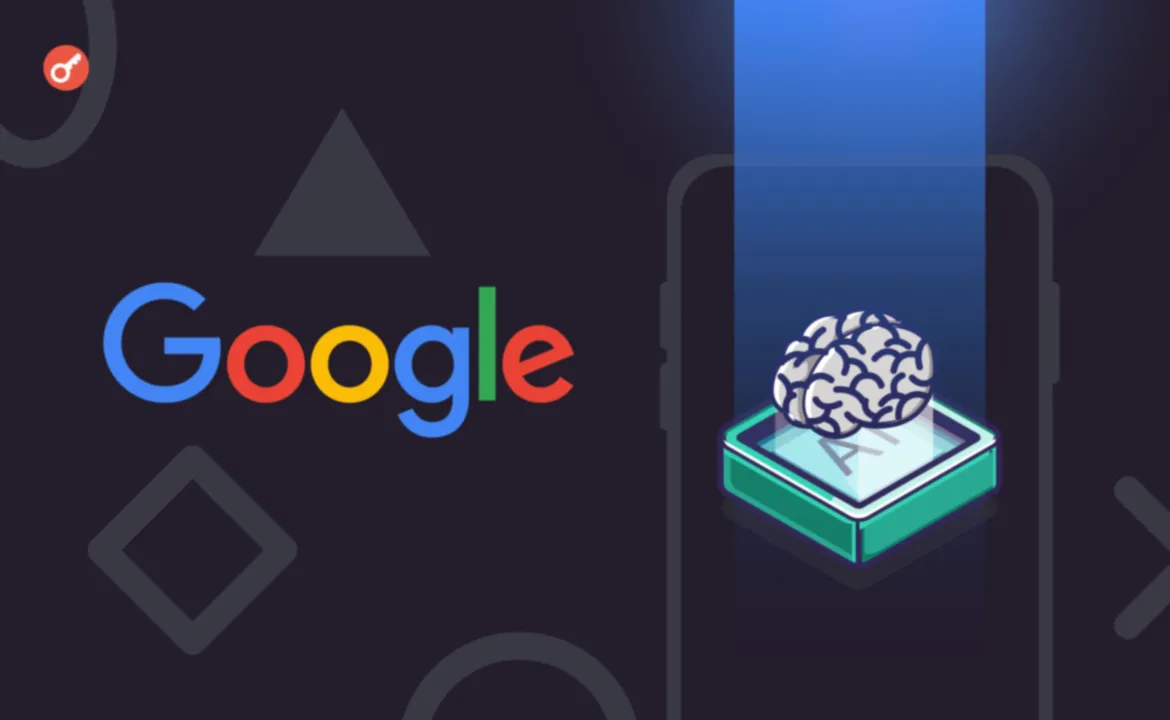Tech giant Google concluded its annual developer conference, Google I/O 2025, held around May 20-21, leaving behind a whirlwind of news and announcements – over one hundred updates, the vast majority focused on artificial intelligence. The company demonstrated an aggressive push to integrate AI into all its products and services, from Search to the Android ecosystem and cloud solutions, clearly intending to strengthen its position in the rapidly evolving AI technology race.
Search Revolution and the New Era of Gemini
One of the most discussed innovations was "AI Mode" in Google Search. This feature aims to make interaction with the search engine more conversational and intuitive, providing users with comprehensive answers and handling more complex queries. However, experts are already questioning how this will affect Google's traditional advertising revenue model. The multimodal AI platform Gemini took center stage at the conference. Updated versions of the models were introduced – Gemini 2.5 Pro, featuring enhanced performance and efficiency, and Gemini 2.5 Flash, optimized for tasks requiring minimal latency. Google plans deep integration of Gemini into the Chrome browser and Android operating system, which will allow applications to use personalized context and offer users fundamentally new capabilities. Separately, the "Deep Think" mode for Gemini was highlighted, designed for solving particularly complex problems requiring deep analysis and multi-step reasoning.
Scale and Ambition: Project Astra and a Vision of the Future
In his keynote, Google CEO Sundar Pichai emphasized the exponential growth in the company's use of AI technologies: the number of monthly generated tokens has increased 50-fold, exceeding 480 trillion. These figures clearly demonstrate the scale at which Google is deploying its AI initiatives. A surprising and significant moment was the appearance of Google co-founder Sergey Brin on stage, showcasing his renewed active involvement in the company's AI projects. He presented an early prototype of AI-powered XR smart glasses, which, he stated, are part of the company's long-term vision for creating intuitive and helpful AI interfaces. The culmination of Google's ambitious showcase was Project Astra – the concept of a universal AI assistant capable of understanding user context through camera and voice, and providing real-time assistance.
Reception and Challenges
Despite the impressive volume of announcements, Google's strategy did not escape criticism. Some analysts noted that the abundance of new features and overlapping AI brands might confuse users and developers, pointing to a possible lack of focus. It was also noted that some of Google's announcements seemed like an attempt to catch up with competitors, particularly OpenAI, whose recent presentations set a high bar. Google faces the complex task of not only implementing all aformentioned innovations at a high level but also clearly communicating their value to users, while simultaneously addressing internal organizational challenges and withstanding fierce competition at the forefront of technological progress. Nevertheless, Google I/O 2025 unequivocally demonstrated that the company is placing its main bet on artificial intelligence for its future development.
